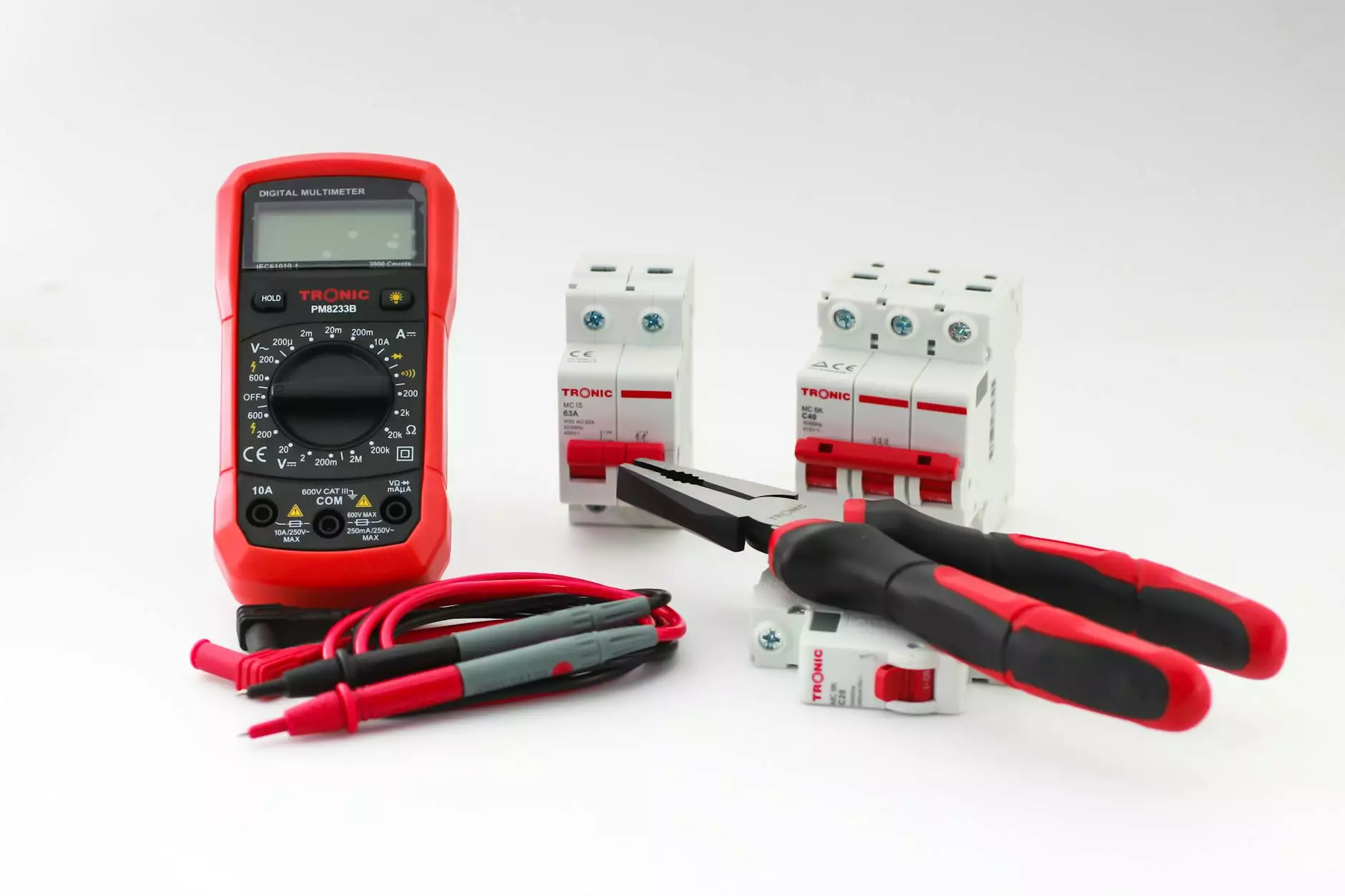Powertrain Control Module (PCM): The Brains of Automobile Engine Operation
Content Marketing
In the realm of automobile engineering, the Powertrain Control Module (PCM) stands as a critical component, acting as the central nervous system that governs various crucial functions within a vehicle's engine. Understanding what the PCM controls and its function is paramount to grasping the intricate web of operations behind a smoothly running vehicle.
What Does PCM Control?
The PCM serves as the epicenter of control for numerous operations within a vehicle's powertrain. It is responsible for regulating and coordinating the functions of various engine components to ensure optimal vehicle performance. Some key aspects that the PCM controls include:
- Engine Timing
- Fuel Injection
- Ignition Timing
- Idle Speed
- Transmission Shifting
- Emissions Control
Powertrain Control Module Function
The primary function of the PCM is to monitor and manage the engine's operation by collecting data from numerous sensors strategically placed within the vehicle. These sensors provide real-time feedback on various parameters such as engine temperature, airflow, throttle position, and more. The PCM then processes this data to make dynamic adjustments to optimize performance and efficiency.
By continuously analyzing sensor inputs, the PCM can make adjustments in fuel delivery, air-fuel ratio, and ignition timing to ensure the engine operates at peak efficiency under varying driving conditions.
What Does the PCM Control: A Detailed Look
The PCM is a sophisticated controller that plays a crucial role in the operation of modern vehicles. Let's delve deeper into the specific functions that the PCM controls:
Engine Timing
One of the key responsibilities of the PCM is to manage the timing of the engine's operation. By precisely controlling the timing of the ignition system and the opening and closing of the engine valves, the PCM ensures that the engine operates smoothly and efficiently.
Fuel Injection
Another critical function of the PCM is overseeing the fuel injection process. By adjusting the amount of fuel injected into the engine cylinders based on sensor feedback, the PCM maintains optimal combustion and fuel efficiency.
Ignition Timing
The PCM regulates the timing of the ignition system to ensure that the spark plugs fire at the right moment during the engine's operation. This precise control is essential for maintaining engine performance and fuel economy.
Idle Speed
The PCM manages the idle speed of the engine to ensure smooth operation when the vehicle is stationary. By adjusting the throttle opening and fuel delivery, the PCM keeps the engine running at the optimal speed for idle conditions.
Transmission Shifting
For vehicles equipped with automatic transmissions, the PCM controls the shifting of gears to ensure smooth acceleration and optimal fuel efficiency. By analyzing speed, load, and other parameters, the PCM determines the ideal time to shift gears.
Emissions Control
The PCM plays a vital role in controlling emissions by monitoring the performance of the vehicle's emission control systems. By adjusting fuel delivery and other parameters, the PCM helps minimize harmful pollutants emitted by the vehicle.
The Powertrain Control Module: Ensuring Peak Performance
In essence, the PCM acts as the "brain" of an automobile's engine, orchestrating a symphony of operations to ensure smooth and efficient performance. Understanding what the Powertrain Control Module does is key to appreciating the intricate dance of functions that keep a vehicle running optimally.
For reliable powertrain control module services and top-tier automobile engine performance, rely on seostudios to deliver excellence in powertrain control module maintenance and repair services.



